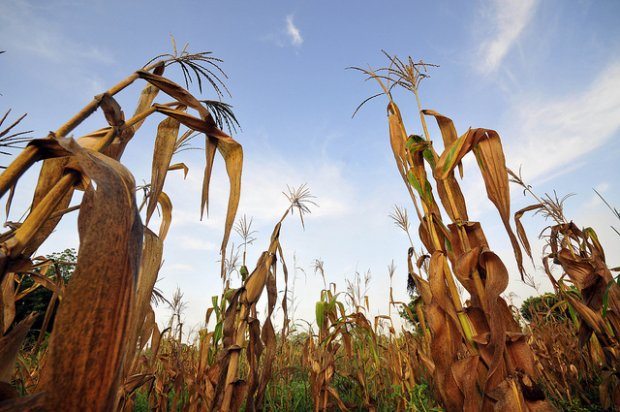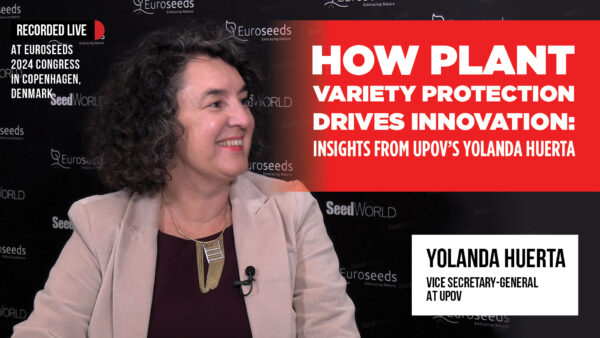Scientists under the Water Efficient Maize for Africa (WEMA) project drawn from Kenya Agricultural and Livestock Research Organization (KALRO), African Agricultural Technology Foundation and the International Maize and Wheat Improvement Center have established a confined field trial for genetically modified maize resistant to African maize stem borer (Busseola fusca).
The pest, which is endemic to African uplands causes 13 percent loss of all harvested maize grain in Kenya. The maize is a stack of both insect resistance and drought tolerance traits. Although scientists have conducted trials on insect resistant (Bt) maize, which is effective against the spotted stem borer Chilo partellus at the low altitude areas, there was a need to investigate the efficacy of the insect resistance gene on the problematic Busseola fusca.
“With the first season of the trial almost out, farmers can be assured of a solution to the pest in the near future, should the approval to grow the maize commercially be granted,” says Eliud Kireger, director general of KALRO.
The study tour, which was organized by KALRO, in collaboration with ISAAA AfriCenter through the Open Forum for Agricultural Biotechnology program, exposed members of the two boards to the GM maize trial. The regulators interacted with scientists conducting the trial, who responded to questions regarding compliance of the trial to the Biosafety Act, 2009.
“The early exposure of members of the NBA board to the GM maize trial will no doubt lessen their work when the application for environmental release of the maize will be submitted,” says Willy Tonui, CEO, NBA. The members of the boards appreciated the efficacy of the Bt maize in managing the African stem borer menace in the highlands.
For more on the Kenyan GM maize trial, contact the KARLO WEMA project PI Murenga Mwimali on mwimali@gmail.com.












